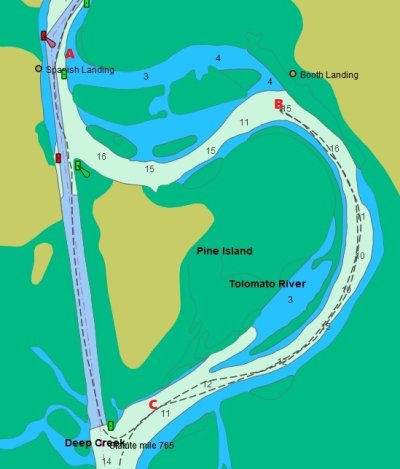I trust my cleats for an easy tow, but not for pulling on a grounded boat.

There's the easy tow, like a dinghy on a nice day....
There's a tow through a breaking inlet where the tow veers wildly.....
Then there's the barely grounded vessel that is gently rocking still....
And the ones that are hard aground with parts firmly buried in the sticky mud or hard sand.
Oh...and all the ones in between these....
For seemingly easy ungrounding of boats off sandbars, I have needed to use a bunch of that 350hp and yank them from side to side to wallow them out.
Sure.... one can always hookup and see if the pull is easy...but then there's the problem of maneuvering in a cross current, daymarks in the way, doing multi pulls because the length of towline needed is longer than the navigational depth cross channel, and plenty more challenges....all requiring quick helm and deck actions.
The real trick is to have enough experience to plan it all in your mind up front to minimize most challenges and not endanger your vessel, crew, or the other vessel. Even better is to see you don't have the right vessel, crew and cooperation from the other boat and avoid the mess right up front...especially if it is in no danger, will most likely float off during the next tide or a professional salvage vessel can help.
Not saying this is rocket science or should never be done by the average boater... just that some ungroundings can not be so simple. I have seen plenty of other assistance tow captains make plenty of mistakes including me as I went through my initial learning curve of hundreds of ungroundings. Fortunately the boat and tow equipment wasn't the weak link.



 good risk management...
good risk management...